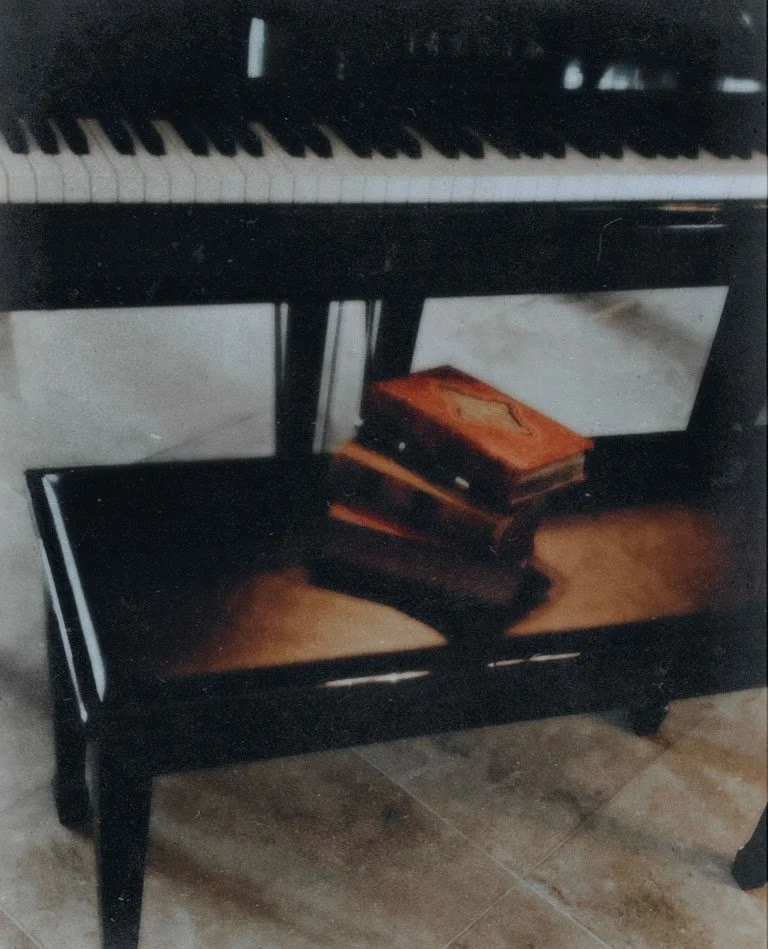
A Letter in Three Movements
On finding redemption in chords, in sentences, in silence
On Rachmaninoff’s Concerto No. 2 and Dostoevsky’s Crime and Punishment
⸻
Dear Wanderer,
Moderato —
This week I was torn between two companions: a book and a piece of music. In one hand, Dostoevsky’s Crime and Punishment; in the other, the echoes of Rachmaninoff’s Concerto No. 2. Different forms, different centuries, yet both haunted by the same shadows — guilt, despair, and the fragile hope of redemption.
The opening chords of the concerto strike like a hammer: heavy, relentless, unforgiving. They echo Raskolnikov’s crime, the moment when his axe falls not only on another life but on his own soul.
Crime is not only an external act, but an inner storm — a dissonance that refuses to fade. Each hammered note on the piano feels like a frantic heartbeat, a conscience that cannot be silenced.
The piano cries like Raskolnikov’s conscience, trapped in a music that is already punishment.
⸻
Adagio sostenuto —
When I listen to the second movement, I feel a loneliness that mirrors Raskolnikov’s own. It makes me ask whether life has meaning at all. Like him, I search for redemption.
And then, in the last passage of the Adagio, a fragile ray of light appears. I have always thought it is the most beautiful romantic passage ever written. It brings quiet happiness to a broken heart, just as Raskolnikov discovers in his fragile redemption. In those notes, I find solace, even emancipation.
Sometimes I think this passage expresses exactly what one feels after a long depression: the moment when you sit in silence, gathering your thoughts. It is not violent, not unpredictable. It is slowing down, breathing, and daring to move forward. A fragile hope — discreet, but enough to continue.
Perhaps this is what makes the Adagio so human: it does not promise overwhelming joy, but a regained breath. A music that consoles without deceiving, that lets us move forward step by step. In its luminous stillness, I feel the soul being freed.
⸻
Allegro scherzando —
At last, the finale rises. Not a triumphant march, but a hesitant light — trembling, human. Just as Dostoevsky offers Raskolnikov fragile redemption, Rachmaninoff lets the piano and orchestra lift each other toward something that feels almost like hope.
From the night springs a spark — not victory, but the promise of a beginning. Even in guilt, the soul is still capable of light.
Perhaps Rachmaninoff is saying that sorrow is part of life, inevitable, another chapter of the long novel we write. We cannot crush grief, pain, or trauma; but we can learn to shape their presence in our lives.
Here the music becomes a conversation — piano and orchestra listening, doubting, believing. Isn’t that redemption? Not certainty, but the fragile decision to begin again. Like a trembling hand finally held after silence, or the first sunlight after weeks of rain. Redemption is not triumph — it is tender, hesitant, but real.
As if music and literature were saying the same thing: redemption is not certainty, but possibility. An invitation to begin again, to believe once more, even among shadows.
And perhaps that is where we, listeners and readers, enter. Art does not erase our wounds, but transforms them — into words, into notes, into hope.
⸻
So perhaps, Wanderer, that is the secret both Dostoevsky and Rachmaninoff whisper: art does not erase our wounds, but gives them a voice.
And perhaps in that voice, we find redemption.
⸻
From one wanderer to another,
D. Orlando